Indoor Plants Cats Avoid: Houseplants Cats Won't Chew On

Houseplants are a great addition to any home as they add color, interest, and of course, oxygen. Unfortunately, cats seem to enjoy our houseplants as much as we do, but for the wrong reasons. Read on to learn how to cat-proof houseplants.
Safeguarding Plants from Cats
Cats commonly chew on houseplants and wreck their foliage, use them as litter boxes, or play with them until their leaves fall off. This makes it tough to successfully grow houseplants and enjoy your feline friends. While many cat owners just give up on growing indoor plants, there's no reason to do so. Fortunately, there are ways of safeguarding plants from cats so that you don't have to forgo your greenery, or your cats.
Houseplants Cats Won't Chew On
Growing plants indoors that cats dislike is a great way to distract them. Cats don't like some plants because of their strong odor, others because of the way they feel. Here are a few indoor plants cats avoid:
- Rosemary is a great indoor plant that cats hate because it is highly aromatic. In addition to growing without cat interference, it also provides you with fresh sprigs for cooking and makes your house smell great.
- Scaredy cat plant is another plant that deters cats based on the smell, thus the name.
- Plants like cactus and roses are great indoor options and cats will only try messing with them once because of the thorns.
How to Keep Cats Out of Houseplants
You can also cat-proof houseplants by making them smell bad. Sprinkle cayenne pepper around the leaves of houseplants and your cat will back away pretty quickly. Cats also hate the smell of citrus. Put orange and lemon peels in your pots along with the plants to help deter them. Another option is spraying the leaves directly with diluted lemon juice or orange oil.
NOTE: Citrus oil extracts like those found in insecticidal sprays, dips, shampoos, insect repellents, food additives, and fragrances are toxic to cats and should be avoided.
Many people who have trouble with their cats using plants as a litter box will purchase plants with offensive textures that will make cats think twice about their bathroom habits. You can also cover the soil with some large pebbles or stones around the base of the plants to prevent digging.
Pinecones or aluminum foil, for instance, placed around the planter may help to keep cats away. Another option is covering the base of the plant with chicken wire, mesh, or another breathable fabric. If you still can't keep your cats away from your plants, don't give up. There are still a few more options.
Gardening tips, videos, info and more delivered right to your inbox!
Sign up for the Gardening Know How newsletter today and receive a free copy of our e-book "How to Grow Delicious Tomatoes".
- Create a plant room and keep the door closed to keep cats out. Sunrooms work well for this, but sunny bedrooms or bathrooms will suffice.
- Cage the plants using wire shelving units. This will help protect plants, but really adventurous cats may still find away to stick their paws in.
- In addition to focusing on indoor plants cats avoid, why not offer some safe plants for the cat, kind of like a sacrifice? Cats love catnip and lemon balm. Put a few in unbreakable plastic pots and place sacrifice plants in various locations throughout the house but not right next to your other plants. This will keep your pesky feline occupied and may safeguard some of your other plants from disaster.
-
 Looking For Plants To Give You The Soft And Fuzzies? Try These 5 Fuzzy Leaf Plant Options
Looking For Plants To Give You The Soft And Fuzzies? Try These 5 Fuzzy Leaf Plant OptionsLovers of texture, drama, silver foliage and tactile plants will adore these special sensory garden additions. These fuzzy leaf plant options will leave you all aglow
By Susan Albert
-
 Get Ready For A Summer Of Hummers! Grow These Full Sun Hummingbird Plants and Flowers
Get Ready For A Summer Of Hummers! Grow These Full Sun Hummingbird Plants and FlowersIf you’re lucky enough to enjoy a sunny backyard, make sure you are maxing out on your pollinator opportunities and grow these full sun hummingbird plants and flowers
By Tonya Barnett
-
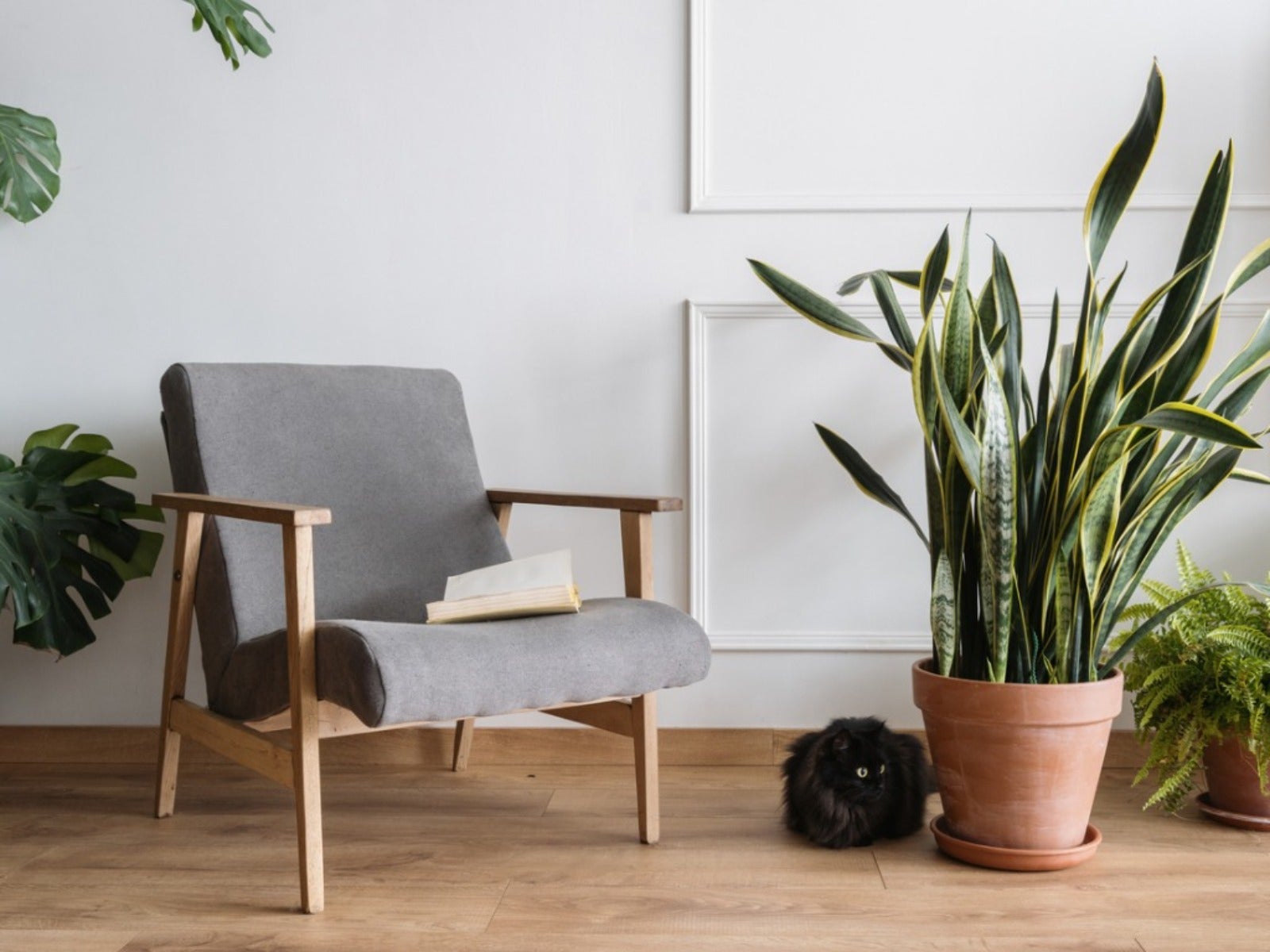 8 Easy Care Houseplants That Live A Long Time
8 Easy Care Houseplants That Live A Long TimeClick here to learn about our 8 favorite low maintenance houseplants that can, with proper care, live a long time.
By Amy Grant
-
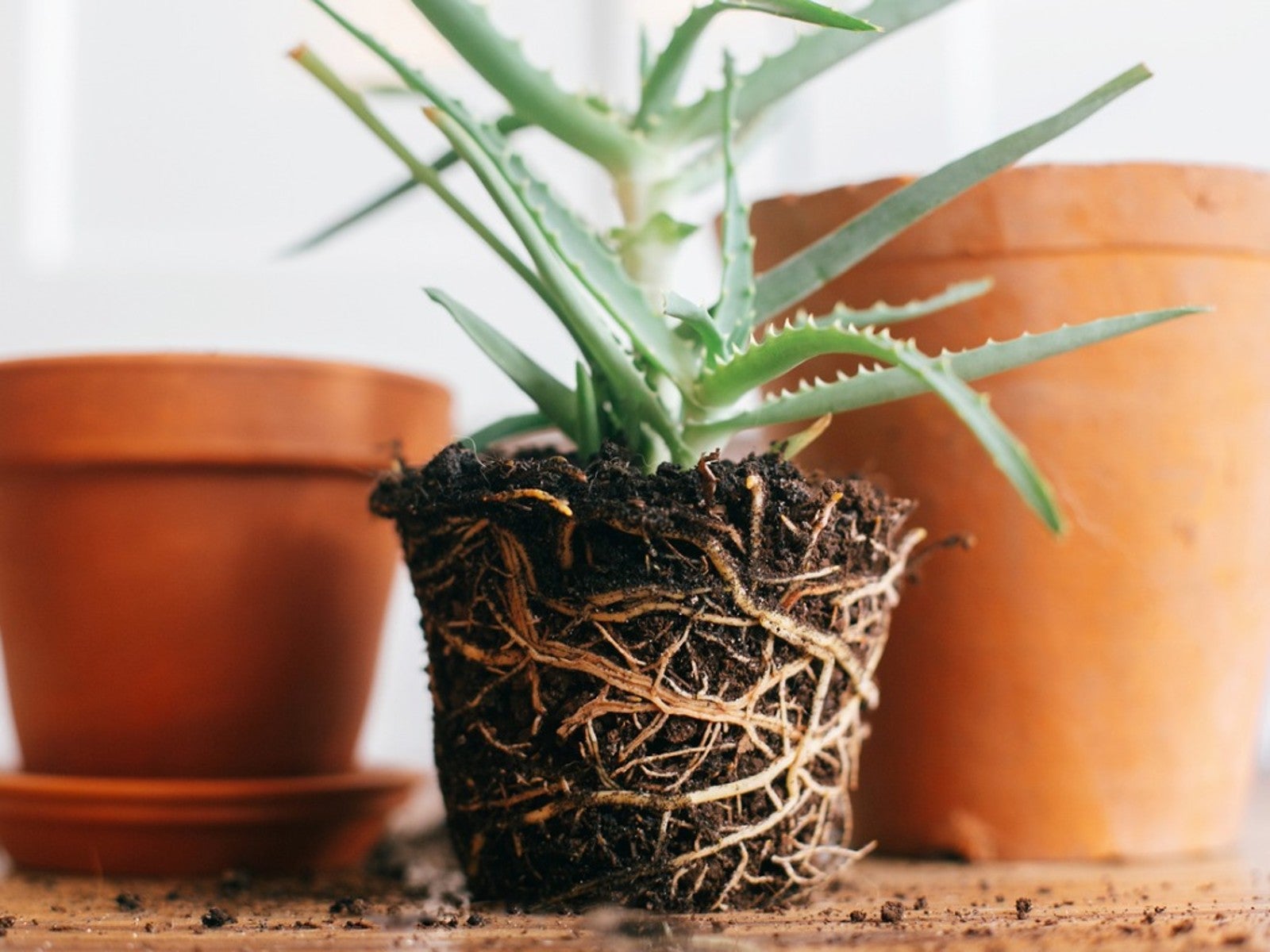 How Often Should You Repot Plants?
How Often Should You Repot Plants?Escaping roots and shrinking leaves may mean your plant wants a new pot, but some like staying cramped and cozy.
By Mary Ellen Ellis
-
 Orange Flowering Houseplant Varieties With Tropical Flair
Orange Flowering Houseplant Varieties With Tropical FlairClick here to learn about some cheerful orange-blooming houseplants you can try growing.
By Mary Ellen Ellis
-
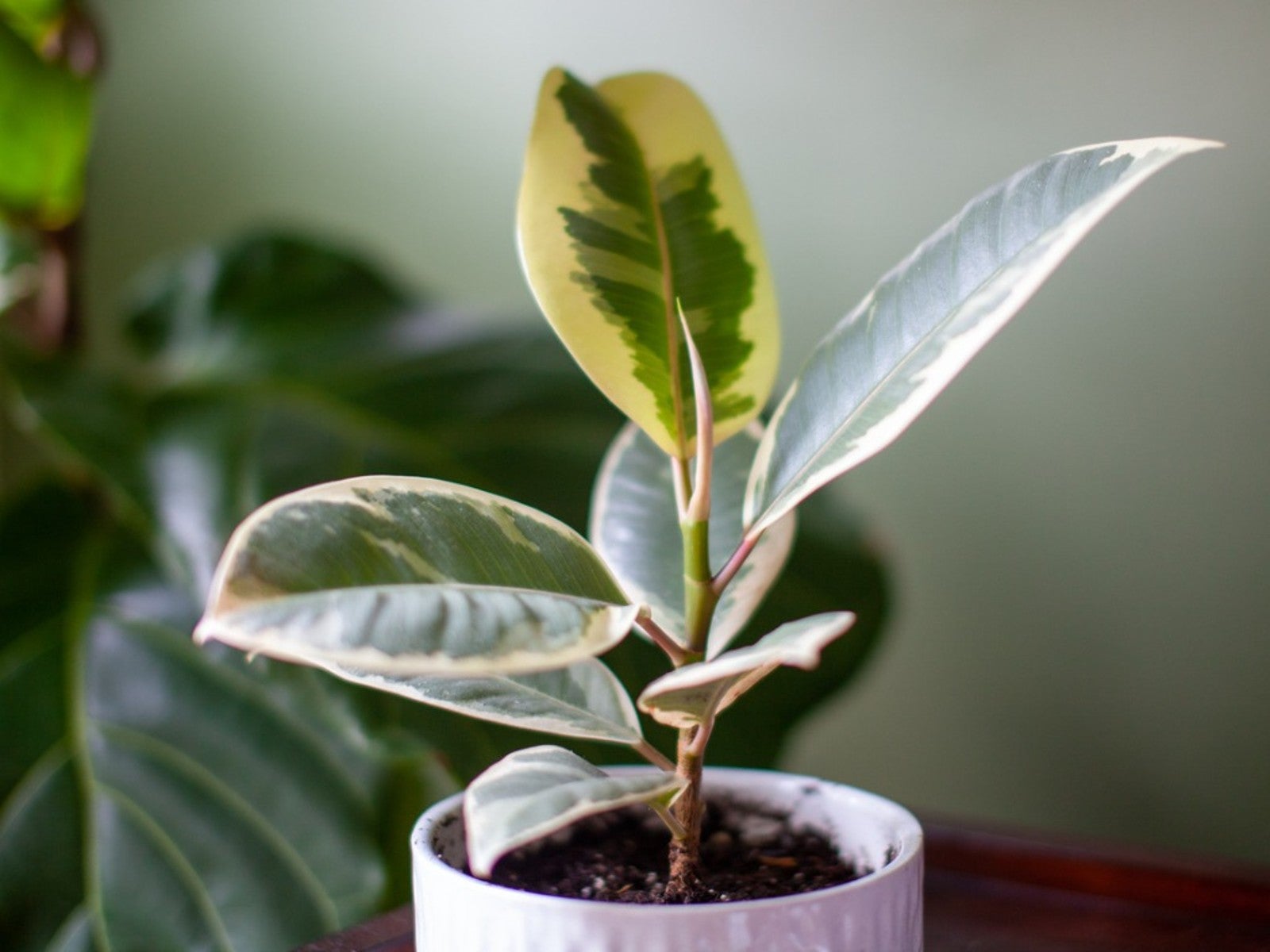 Variegated Houseplants With Lovely Leaves
Variegated Houseplants With Lovely LeavesWhat are some of the best variegated houseplants to add to your collection? Click here to find out.
By Amy Grant
-
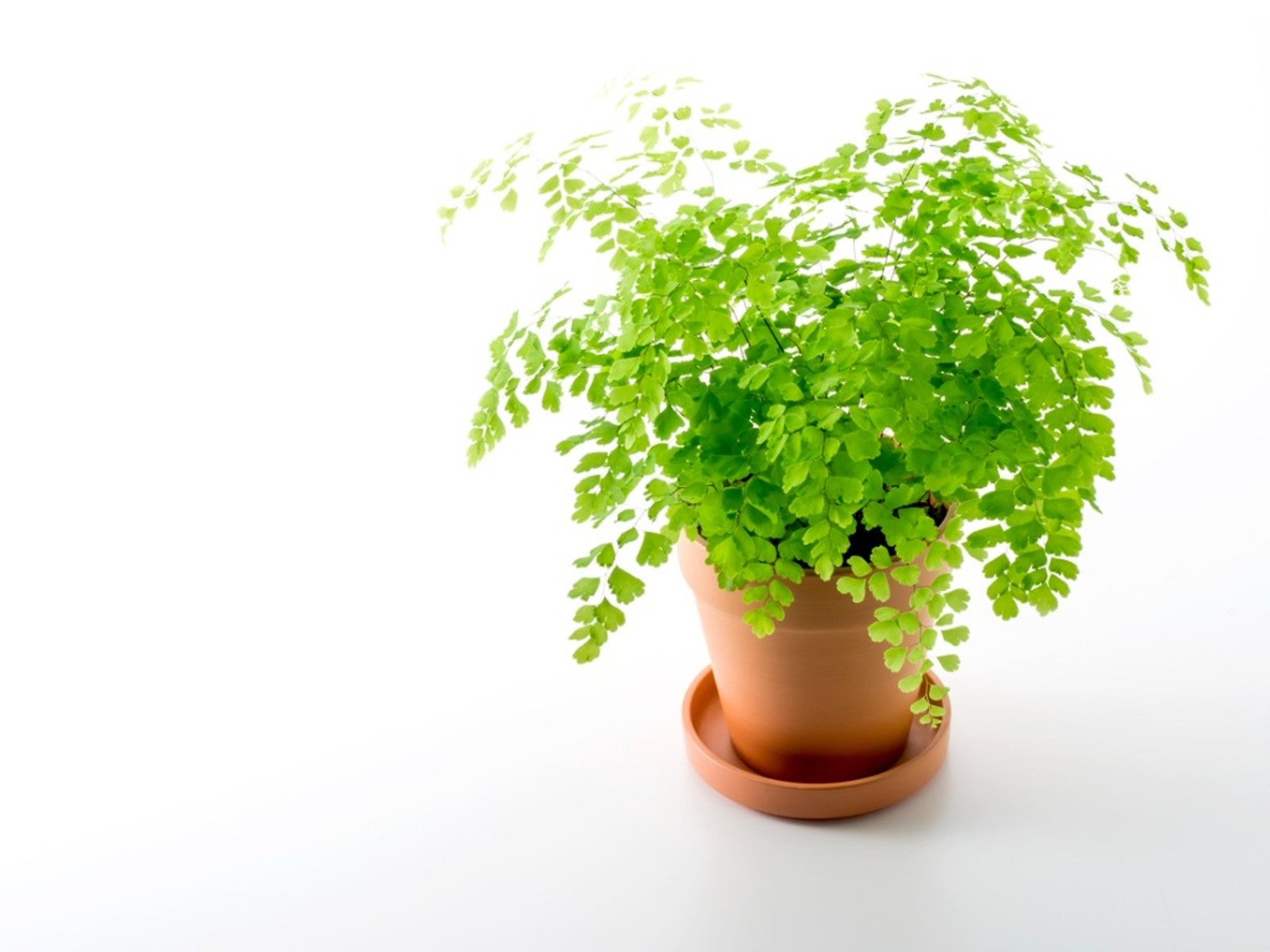 Lovely, Lacy Indoor Foliage Plants
Lovely, Lacy Indoor Foliage PlantsClick here to learn about some houseplants with lacy foliage to add to your collection.
By Mary Ellen Ellis
-
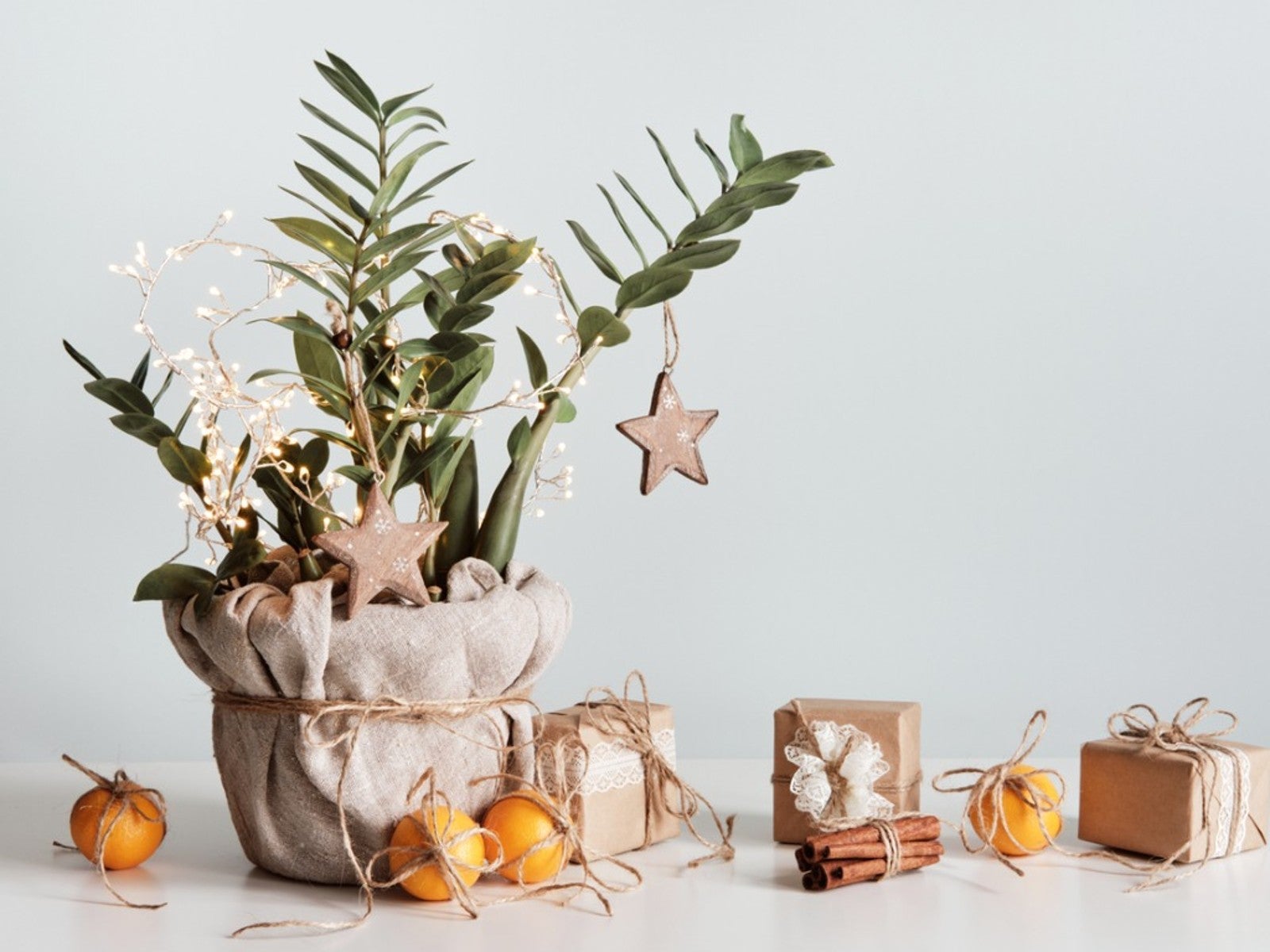 Best Christmas Houseplants And Plants For Winter Holidays
Best Christmas Houseplants And Plants For Winter HolidaysClick here for an idea of the best houseplants to use for holiday décor for Christmas, Hanukkah, Kwanzaa, and New Year’s.
By Laura Miller
-
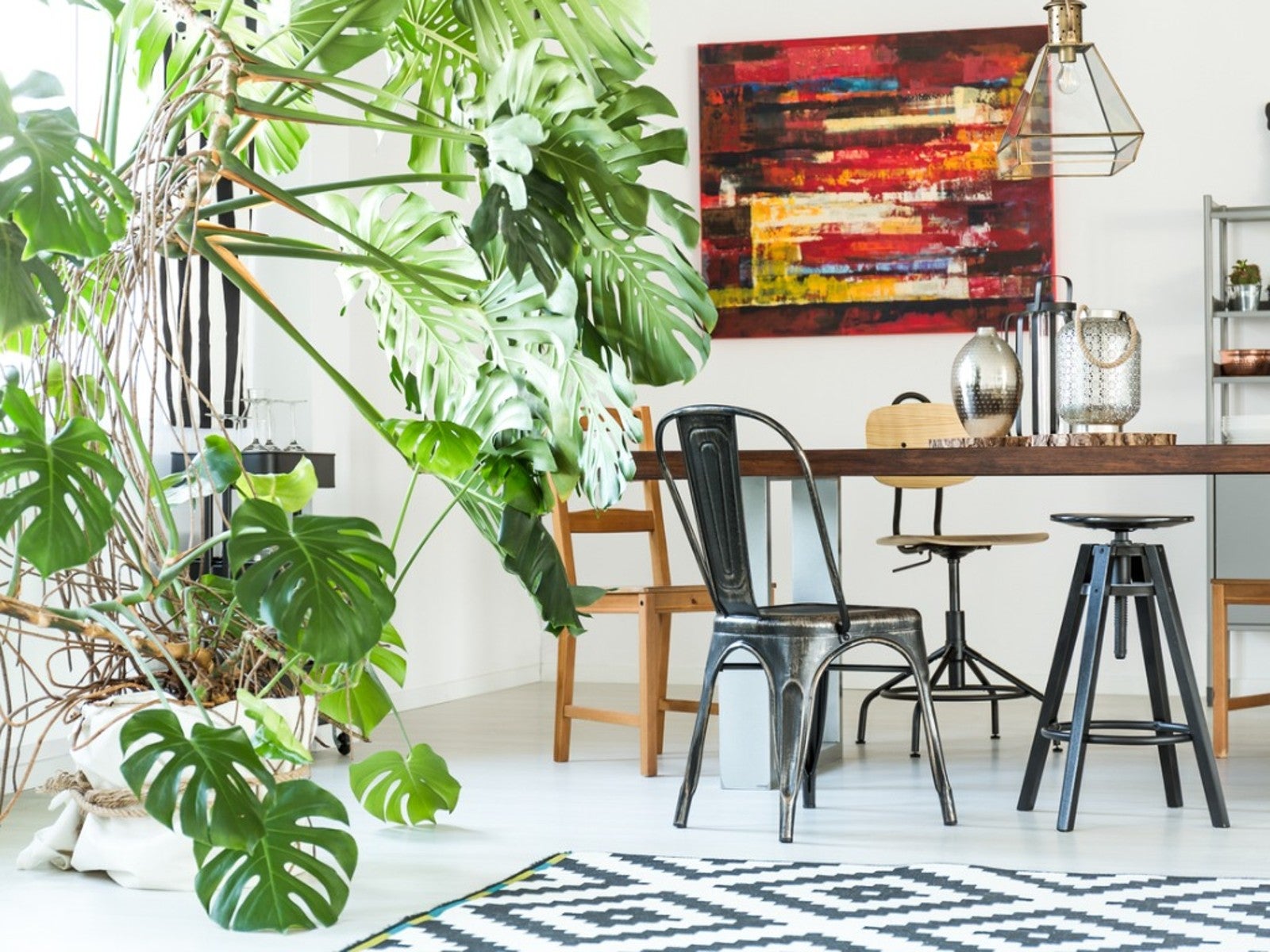 Best Big Houseplants To Create An Indoor Oasis
Best Big Houseplants To Create An Indoor OasisIf you have the space you may want to grow some large houseplants. Here are some ideas.
By Mary Ellen Ellis
-
 Relaxing Plants To Grow Indoors For A Calmer Mind
Relaxing Plants To Grow Indoors For A Calmer MindAre there houseplants that can help you to relax? Click here to find out.
By Laura Miller